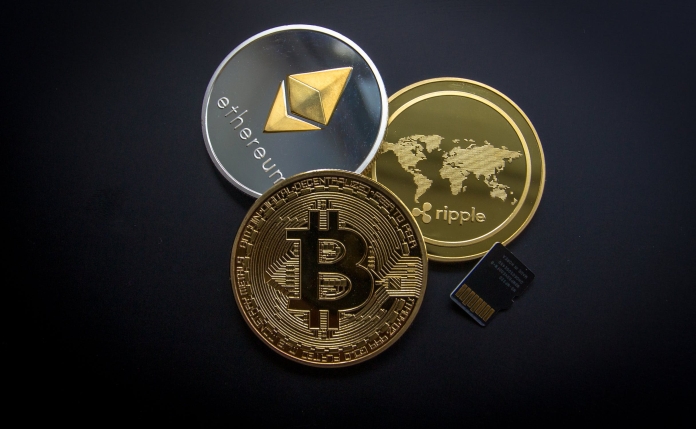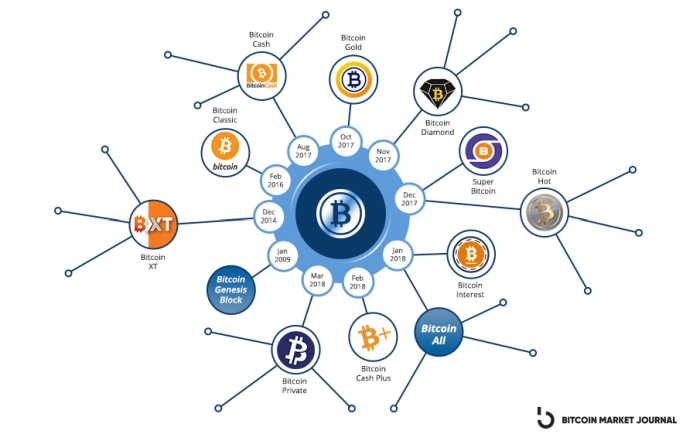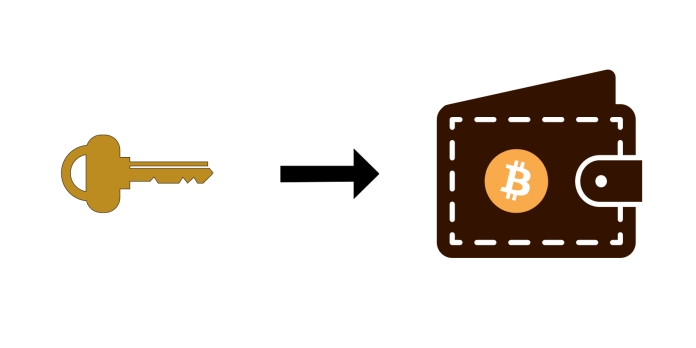
It is an obvious fact to say that blockchain technology is not going away any time soon. On a daily basis, cryptocurrency keeps growing in popularity across the world. Therefore, if you are thinking of joining the train and have a share of the several benefits locked up in cryptocurrency, you will need to get familiar with its numerous terms and jargon.
Here, we have compiled this list to help you know some common crypto terms and what they mean. Having a good understanding of their meanings will come in handy as you dive deeper into this technology. But before we talk about that, you might need to save this platform, AnyCoin Direct, for an easy and safe transaction when the time comes for you to buy your cryptocurrencies. Without wasting time, let’s get into the business of the day.
17 Most common crypto terms you should know
Blockchain
Blockchain is a digital recording that is used to prove that a group of people came to an agreement over something. It can be created and maintained by multiple people at the same time. The records on blockchain are permanent and very secure, therefore, making it impossible to manipulate. The first blockchain technology are the initial records of Bitcoin transactions. However, even though Bitcoin’s blockchain is the most popular, there are several other blockchains in existence.
Bitcoin

Except you live under the rock, you probably must have heard about Bitcoin. However, not everyone really knows what it is. Bitcoin is a digital currency that is stored and tracked on the Bitcoin blockchain. It is usually abbreviated as BTC. It is the digital cash that started the cryptocurrency movement and also the most popular. Nevertheless, as a beginner in the crypto world, you must know that Bitcoin is not synonymous with blockchain or cryptocurrency. It is just one of the many cryptocurrencies and works on the Bitcoin blockchain.
Satoshi
A Satoshi is the smallest denomination of Bitcoin and is equivalent to 100th billionth of one Bitcoin. The term was named after the original creator of Bitcoin, Satoshi Nakamoto.
Altcoin

Altcoin is simply a combination of two words: “Alternative coin.” It is used to refer to any other cryptocurrency that is not Bitcoin. There are more than 1,500 altcoins out there on the market, and many more are planned to be released.
Mining
This is the process of creating new units of a digital currency. For example, bitcoin mining generates new bitcoins every time it’s being done. And in this case, it involves confirming transactions and combining them into blocks. Minings are done by crypto miners, and the process usually depends heavily on electricity. The miners are hence rewarded with digital tokens for contributing these needed resources.
Fork

A fork is a split change in the rules or protocols of a digital currency. From time to time, developers update a cryptocurrency’s protocol. A fork can either be a hard fork or a soft fork. Essentially, a hard fork is a radical update to the protocols and can render previously unvalidated transactions valid or the other way round. However, a soft fork, on the other hand, is not as extreme as a hard fork and can only make previously valid transactions invalid, and not the other way. A hard fork usually gives birth to a new cryptocurrency. One good example of that is the Bitcoin Cash that was created from Bitcoin.
Fiat Currencies
These are used to refer to traditional, government-issue forms of currencies, such as the US Dollar, European Euro, or Chinese Yuan. Fiat means “by decree,” and these currencies are issued and controlled by national governments. Unlike cryptocurrencies that usually have a fixed supply, there is no limit to the amount of fiat money that can be created.
Crypto Wallets

A crypto wallet refers to a digital address that is used to store your cryptocurrencies and tokens. Wallets can be used to receive and send cryptocurrencies. There are different types of wallets, and some of them include:
- Software wallets
- Hardware wallets
- Exchange wallets
Public Key
Your wallet comes with two types of keys (a string of numbers and letters); the public key and the private key. The public key is what you share with people so you can receive cryptocurrency from them into your wallet.
LFG
LFG meaning in crypto is quite common. Used on twitter mostly when people brag about buying a crypto. Don’t get confused it’s not some fancy new coin.
Private Key

Unlike the public key, you shouldn’t ever share your private key with anybody. It is the key that grants you access to your wallet, where you store your cryptocurrency. Giving it to someone else might cause your cryptos to be stolen. You should also keep your private key safe, so you don’t lose it. If it gets lost, that means you won’t be able to access your fund ever again.
Pump and Dump
This is a type of investment scheme (or scam) where market participants –usually creators who own a large share work together to encourage people to buy a particular cryptocurrency. This automatically drives up (pump) the price of the cryptocurrency. When the price is high enough, they sell off all that they own, and the price plummets. This is usually a very pervasive practice in the crypto world – but it happens.
Moon

If you hear that a cryptocurrency is “going to the moon,” that means the price will rise exponentially. It is a sharp rise in the price of the digital currency.
HODL
This is a term investors developed to stand for “hold on for dear life.” The acronym originally came from the misspelling of the word “hold.” Due to the volatility of digital currencies, it is normal to experience significant fluctuation in price at some time. When this happens, market participants state that they should simply “HODL.” That means they should wait and hold the digital currency.
Bull/Bullish
If a market participant believes that a digital token will rise in value, he or she is referred to as a “bull.” And the optimistic frame of mind or expectation that a token will rise in value is described as ‘bullish.”
FOMO

The acronym FOMO stands for “fear of missing out.” It is usually used to describe an investor who starts buying up a particular digital token based on the expectations that it will rise in value soon. This usually happens when an asset is presently enjoying some popularity or acceptance. Getting caught in FOMO can be dangerous and can make one fall victim to market manipulation.
Fungible
This is used to describe a cryptocurrency that can be exchanged with another. If a currency is fungible, it should have the same value everywhere.
Utility Coin

A utility coin is a cryptocurrency that can be used for other purposes aside from transactions. A good example of that is the Binance Coin which can be exchanged to get a discount when purchasing other coins.
Final note
These are the most common terms you will likely come across in your crypto journey. Know their meanings by heart, and you won’t have any problem scaling your way to the top.











